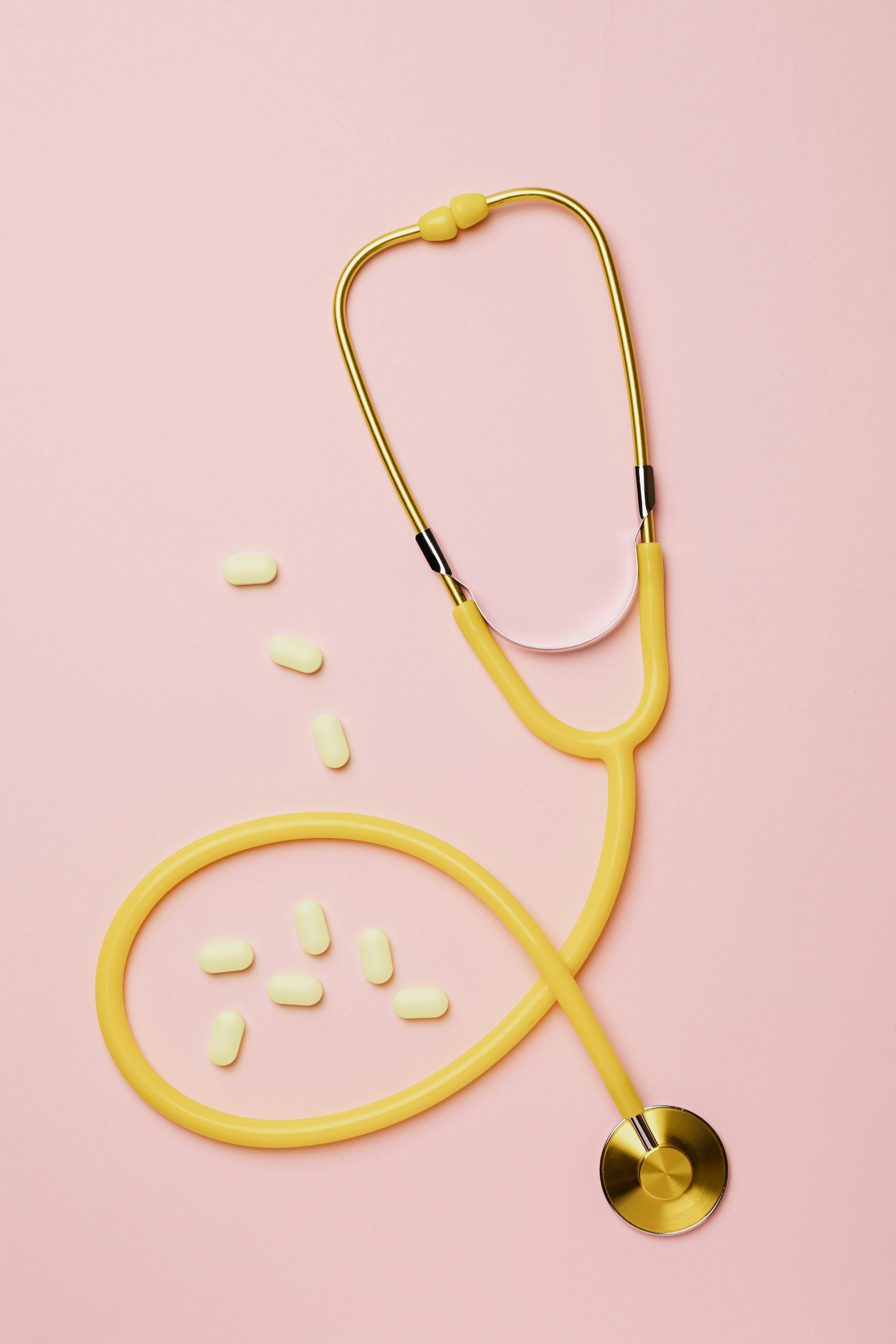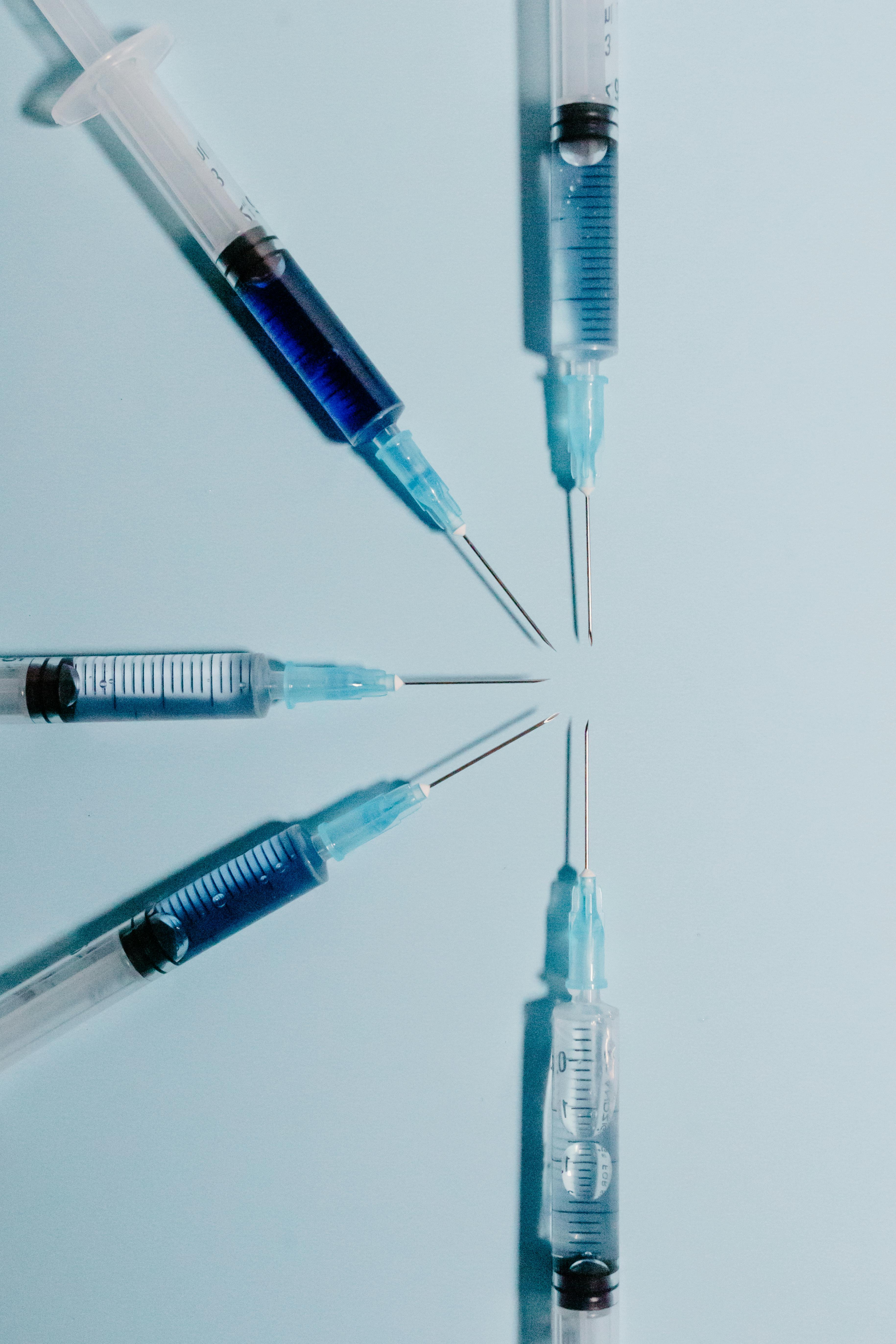What Happens to a Woman’s Body in Her 20s? The Good, The Bad, and The Microscopic—According to Our Medical Director Dr. Stephanie Wallman
A deep dive into what happens to a woman’s body in her 20s.

A primary care membership for patients who want more. Primary Care. Nutrition. Wellness. All under one roof.
Your 20s are often dubbed “the prime of your life,” and from a biological perspective, that’s not far from the truth. But what’s really happening under the surface during this decade? To unpack the changes women go through in their 20s—both visible and microscopic—we sat down with our Medical Director, Dr. Wallman, who shared a science-backed breakdown of what’s going right, what to be aware of, and how to optimize your health through it all.
Let’s dive into the good, the bad, and the microscopic.
The Good
Bone Health at Its Peak
Your bones are the strongest they’ll ever be in your early to mid-20s. Peak bone mineral density occurs around age 22, and peak bone mineral content follows at about 26. Building strong bones now lays a foundation that reduces your risk of osteoporosis and fractures later in life.
Optimize it:
- Lift heavy. Resistance training using weights — squats, lunges, deadlifts, and overhead presses — creates the mechanical stress bones need to grow stronger.
- Don’t skip impact. Activities like running, hiking, jumping rope, and even dancing all load the skeleton in ways that help maintain density.
- Pair D3 with K2. This vitamin duo works together to ensure calcium is absorbed into your bones (not your arteries).
- Eat your minerals. Leafy greens, fatty fish, nuts, and seeds are rich in the calcium and magnesium your bones crave.
Research Insight: Teegarden et al. found that building strong bone mass in your 20s is directly linked to reduced fracture risk later in life.
Brain Maturity and Emotional Intelligence
In your 20s, your brain’s prefrontal cortex—the area responsible for decision-making, impulse control, and emotional regulation—continues to mature. Processes like synaptic pruning and myelination make your brain faster, sharper, and more emotionally stable.
Optimize it:
- Feed your focus. Load up on omega-3 fats from wild fish, flax, and chia to support cognitive performance.
- Fuel your neurotransmitters. Eggs, liver, and other choline-rich foods help with memory and mood.
- Protect your processing power. Sleep is non-negotiable. Limit alcohol and sugar to reduce inflammation and preserve brain health.
- Move with intention. Yoga, tai chi, and breathwork improve brain-body communication and emotional resilience.
- Train your attention. Mindful activities like puzzles, coloring, or meditation strengthen concentration and calm.
Research Insight: According to Kolk & Rakic, the prefrontal cortex doesn’t fully mature until about 25, influencing focus, reasoning, and emotional intelligence.
A More Predictable Period
A more stable menstrual cycle is a sign of balanced hormones and good overall health. In your 20s, cycles tend to regulate closer to the ideal 28-day rhythm.
Optimize it:
- Cycle with the seasons. Seed cycling can help align your body’s natural hormonal fluctuations for smoother flow.
- Cleanse and nourish. Cruciferous veggies and dandelion tea support your liver’s detox pathways, helping hormones stay balanced.
- Protect your foundation. Avoid under-eating and overtraining — these stressors can disrupt your cycle and weaken bone health.
Why It Matters: Stable cycles mean more predictable ovulation, balanced progesterone (which helps with acne and anxiety), and better muscle recovery.
Cervical and Sexual Health
With sexual activity and HPV exposure increasing in your 20s, it's essential to be proactive about cervical and vaginal health. Routine screenings begin, and you may notice changes due to new partners, hormonal shifts, or infections like yeast and BV.
Optimize it:
- Nourish your immunity. A colorful, antioxidant-rich diet helps keep your body’s defenses strong.
- Prioritize rest and stress relief. Quality sleep and stress management empower your immune system to fight infections.
- Speak openly. Never hesitate to discuss any symptoms or concerns—from pain to unusual discharge—with your OB/GYN.
Pro Tip: Many recurrent infections may be linked to hormonal or microbiome imbalances—treat the root, not just the symptoms.
The Bad
Collagen Starts to Decline
Collagen, the protein that gives your skin, joints, and bones their bounce, starts to decline in your mid-20s—by about 1% per year.
Optimize it:
- Fuel collagen production. Load up on vitamin C (think citrus and bell peppers), zinc (pumpkin seeds), glycine (bone broth), and copper (shellfish) to boost your body’s collagen synthesis.
- Shield and restore. Protect your skin from UV damage and prioritize quality sleep to keep cortisol—and collagen breakdown—at bay.
- Move with purpose. Resistance training sends signals to repair collagen, while staying well-hydrated supports healthy tissue.
Research Insight: Fibroblast activity (your collagen-producing cells) decreases with age and poor mechanical stimulation—so keep moving.
Fat Starts to Shift
You might notice fat distribution changing, especially around your hips, thighs, and lower abdomen. Estrogen peaks in your 20s, promoting gluteofemoral fat—an evolutionary advantage for pregnancy.
But prolonged stress (hello, career-building!) raises cortisol, increasing belly fat.
Optimize it:
- Support estrogen detox. Cruciferous vegetables help your body clear excess estrogen naturally.
- Choose wisely. Avoid xenoestrogens found in some plastics and beauty products that can disrupt your hormone balance.
- Move and recover. Strength train 2–4 times a week, and manage stress with meditation and restorative sleep.
Why It Matters: While subcutaneous fat (hips/thighs) is less inflammatory, central fat (belly) is linked to heart disease and metabolic issues.
Fertility Starts to Decline
While you may not be thinking about babies yet, your biology is. Fertility peaks in the early 20s and starts to dip around 25. Egg quantity and quality decline, and stress, poor sleep, or hormonal imbalances can suppress reproductive function.
Optimize it:
- Guard against toxins. Limit exposure to endocrine disruptors like plastics and pesticides that can interfere with hormone balance.
- Boost egg health. Consider CoQ10 (around 200mg daily) to help maintain egg quality.
- Stabilize blood sugar. Cut back on ultra-processed foods and focus on balanced meals to support reproductive hormones.
- Stay in tune. Track your cycle closely and think about starting a prenatal vitamin early to prepare your body for what’s ahead.
Consider Egg Freezing: If you're not ready for kids yet, freezing eggs in your 20s offers the best success rates.
The Microscopic
The Microbiome Evolves
Your gut microbiome—home to 70% of your immune system and a major player in hormone and mood regulation—changes subtly throughout your 20s. Stress, antibiotics, travel, alcohol, and processed foods can disrupt the delicate balance.
Optimize it:
- Eat the rainbow. A diverse array of colorful plant-based foods feeds the beneficial bacteria your body depends on.
- Feed the good bugs. Include prebiotics like garlic, onions, and asparagus, plus fermented favorites like kimchi and kefir.
- Choose wisely. Avoid artificial sweeteners and only take antibiotics when absolutely necessary.
- Support your gut-brain connection. Deep breathing exercises and quality sleep help maintain balance between your gut and mind.
Why It’s Crucial: A healthy gut can improve everything from skin and mood to fertility and immunity.
Final Thoughts
Your 20s are a dynamic decade—a mix of health highs and hormonal plot twists. Understanding the biology behind what’s happening helps you make empowered choices. Whether you're freezing eggs, lifting weights for bone health, or tweaking your diet for your microbiome, your body is laying the groundwork for decades to come.
Remember, health optimization isn’t about perfection—it’s about informed, intentional decisions. And as Dr. Wallman says, “The more we understand our biology, the better we can support our future.”

If you're curious to learn more about The Lanby, book a free consult call and we'll chat about how The Lanby can be your personalized long term health and wellness partner.

Kendall is a graduate of the University of Mississippi, with a B.A. in Integrated Marketing Communications and a minor in Business Administration. She received her certificate of Nutrition Science from the Friedman School of Nutrition at Tufts University.

Chloe holds a bioengineering degree from the University of Pennsylvania. As a breast cancer survivor, her insights shape The Lanby's patient-centric approach. Leveraging her healthcare strategy background, Chloe pioneers concierge medicine, bridging gaps in primary care.

Tandice was recognized with the Health Law Award and named a Ruth Bader Ginsburg Scholar at Columbia Law School. Tandice's editorial role is enriched by her insights into patient autonomy and gene modification legalities. Passionate about bioethics, she is committed to crafting patient-centric healthcare solutions.





